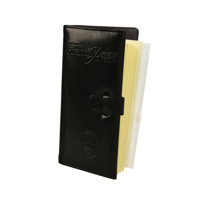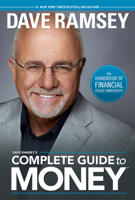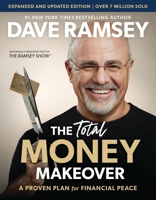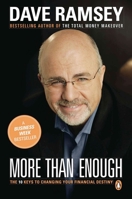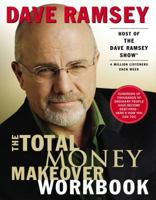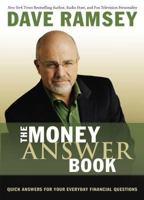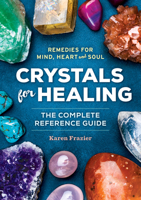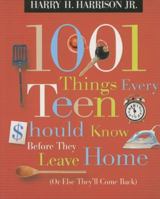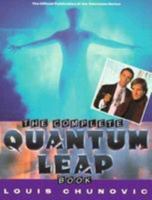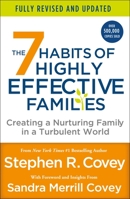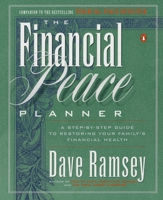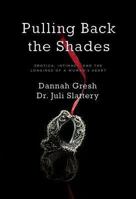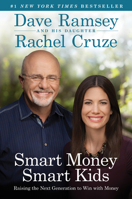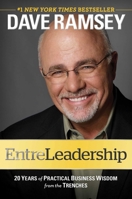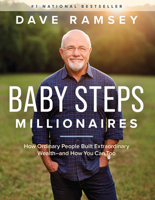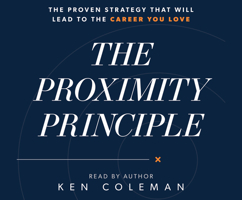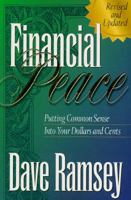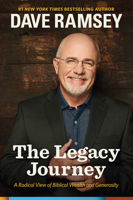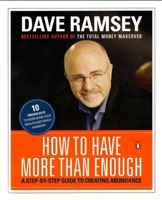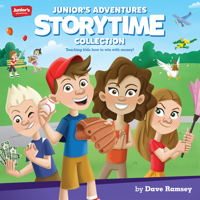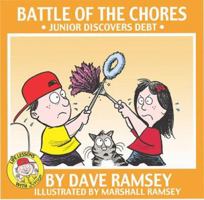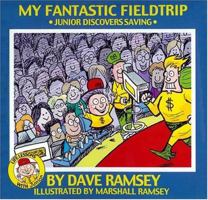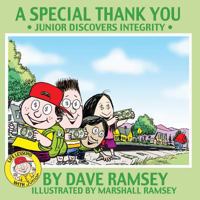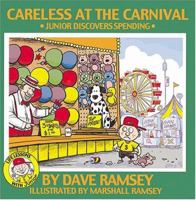Financial Peace for the Next Generation
Select Format
Select Condition 
You Might Also Enjoy
Book Overview
Workbook. Financial Peace is a challenging and highly informative series specifically designed to help men and women take control of their personal finances. These principles and practical tips will enhance your financial future and provide peace of mind. Financial Peace will show you how to: Establish a Cash Flow System; Save Money; Dump Debt; Understand Investments; Understand Insurance; Understand Renting and Home Ownership; Retirement Planning; Negotiate; Set and Achieve Career Goals; And Much, much more... This description may be from another edition of this product.
Format:Paperback
Language:English
ISBN:0972004408
ISBN13:9780972004404
Release Date:January 2003
Publisher:The Lampo Group
Weight:0.95 lbs.
Dimensions:8.5" x 11.0"
Age Range:15 to 19 years
Grade Range:Grade 10 and higher
More by Dave Ramsey
Customer Reviews
5 customer ratings | 5 reviews
There are currently no reviews. Be the first to review this work.














